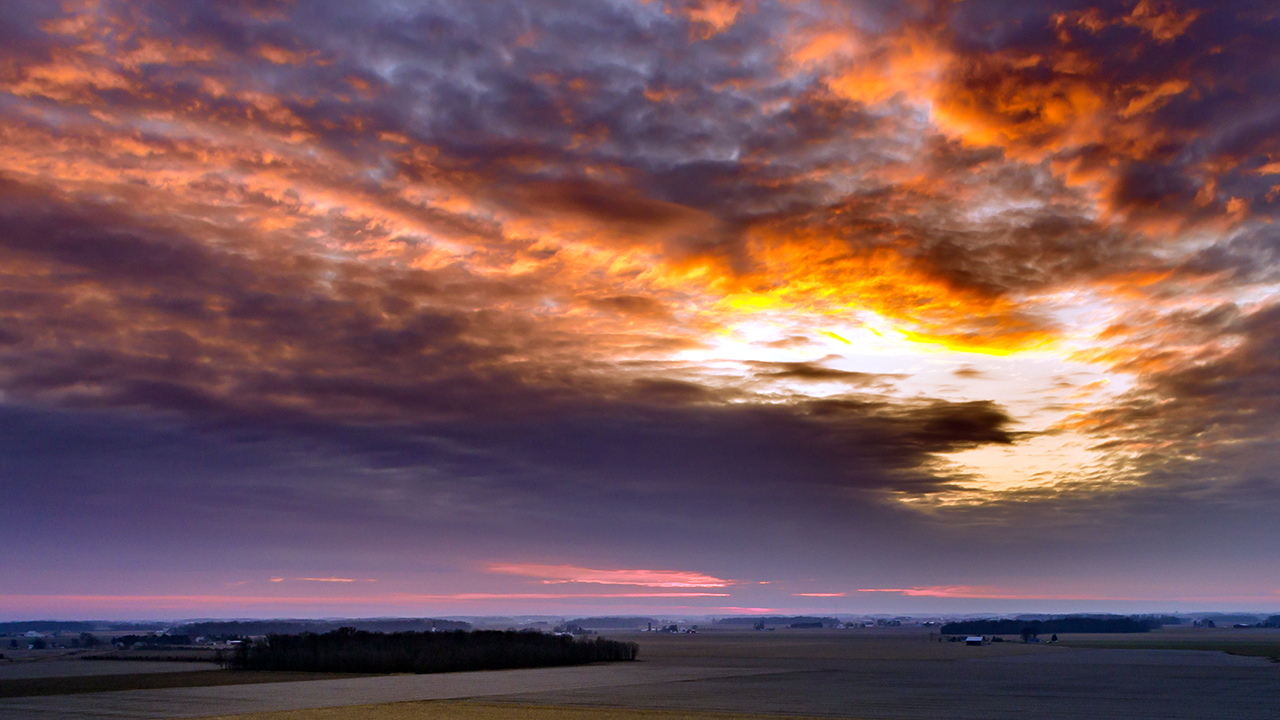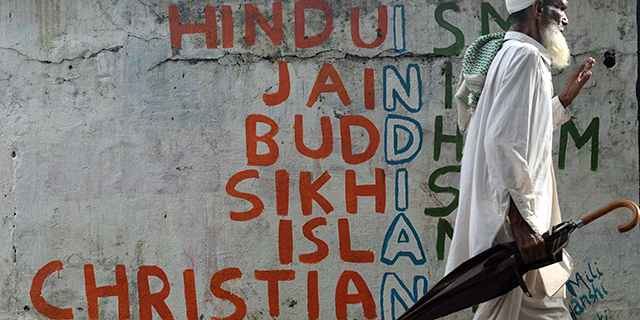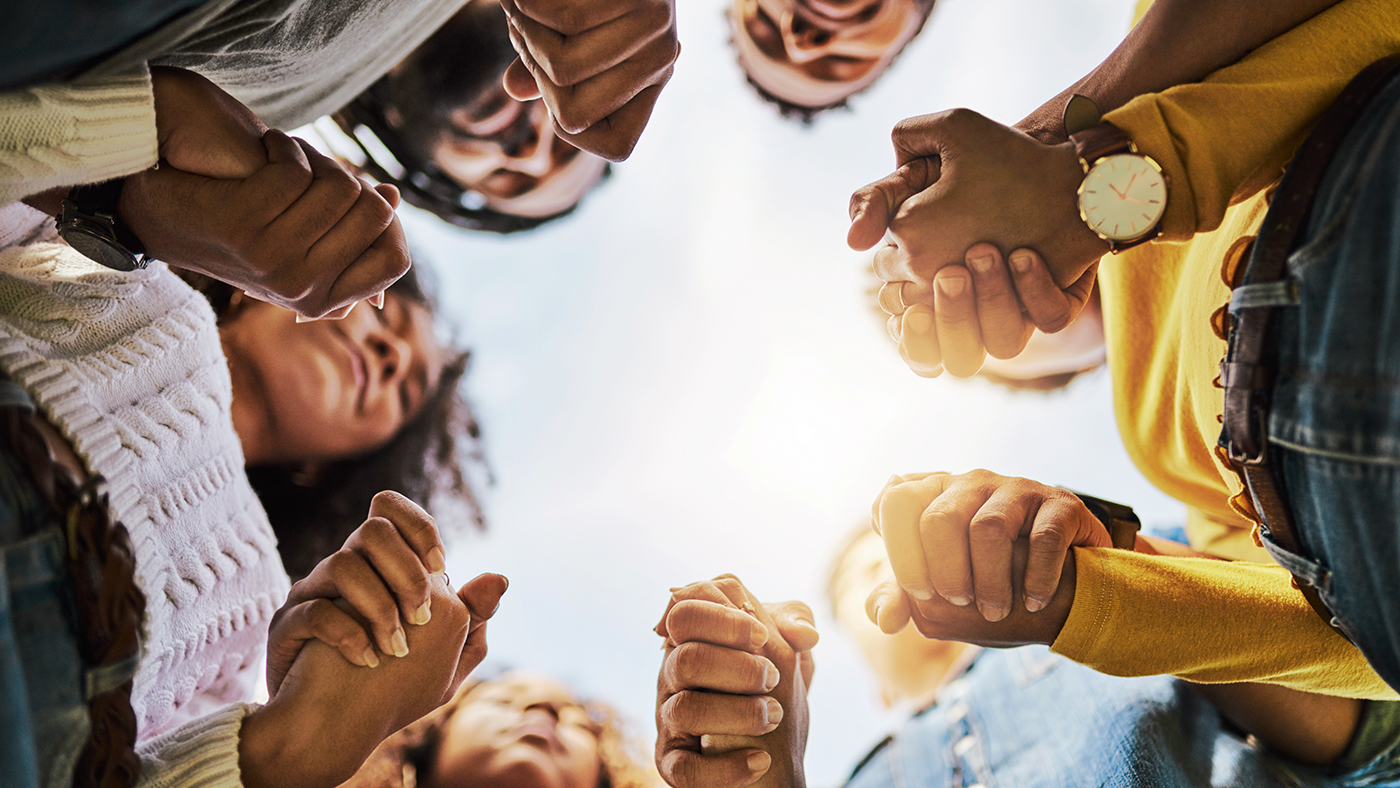
Key findings about American Catholics
Pew Research Center asked American Catholics for their views about family structures, religious beliefs and practices and other topics. Here are 6 facts from the new survey.
Pew Research Center asked American Catholics for their views about family structures, religious beliefs and practices and other topics. Here are 6 facts from the new survey.
When Pope Francis arrives in the U.S., he will find a Catholic public that is remarkably accepting of a variety of non-traditional families, according to a new survey on family life, sexuality and Catholic identity.
It’s a fascinating time for conversations about faith in the United States, with Pope Francis set to visit, a presidential election on the horizon and major trends reshaping the country’s religious landscape.
Compared with most other Jewish Americans, Orthodox Jews on average are younger, get married earlier and have bigger families. They also tend to be more religiously observant and more socially and politically conservative.
Seven decades after the end of World War II, most American Jews say remembering the Holocaust is essential to what being Jewish means to them, personally.
The Obama administration has issued its final regulations governing how the Affordable Care Act’s mandate to provide contraception coverage applies to religiously affiliated nonprofits and businesses. But the announcement has done little to quell the objections of some religious groups. As the debate over the mandate continues, here are five questions and answers about the controversy.
The religious face of America is largely a Christian one, with roughly seven-in-ten Americans belonging to that faith. But some of the nation’s biggest metropolitan areas have a very different look.
The nation’s population is growing more racially and ethnically diverse – and so are many of its religious groups, both at the congregational level and among broader Christian traditions.
Only three Roman Catholics have ever run for president on a major party ticket, and all were Democrats. But that may be about to change. So far six Catholics (including some early favorites) are running for the 2016 Republican presidential nomination.
As the Islamic militant group ISIS continues to entrench itself in Syria and Iraq, concerns about Islamic extremism are growing in the West and in countries with significant Muslim populations.
The Global Religious Futures (GRF) project is jointly funded by The Pew Charitable Trusts and The John Templeton Foundation. Here are some big-picture findings from the GRF, together with context from other Pew Research Center studies.
Indians see religious tolerance as a central part of who they are as a nation. Across the major religious groups, most people say it is very important to respect all religions to be “truly Indian.”
Today, most Black adults say they rely on prayer to help make major decisions, and view opposing racism as essential to their religious faith.
The Christian share of the U.S. population is declining, while the share of Americans who do not identify with any organized religion is growing. These changes affect all regions in the country and many demographic groups.











